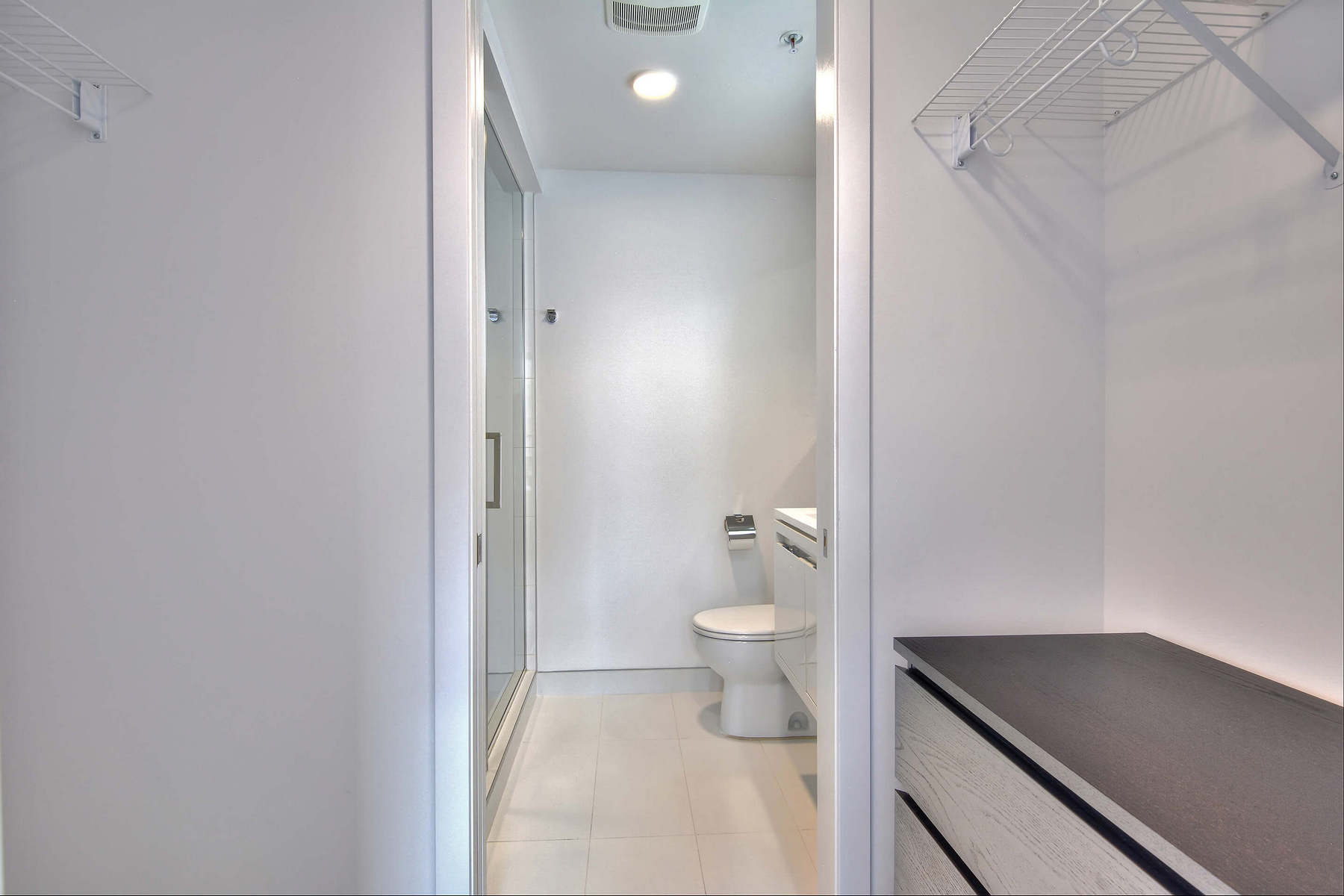Airbnb can most likely be thought about the Uber of travel and accommodations. Not only has it interrupted hotels and homestays, however it has forever changed the way we discuss travel and accommodations.
It used to be that lodging definitions were easy. All accommodations was expert and renting your personal residence was limited to the fringe on sites like CouchSurfing and Craigslist. You had hotels that were nighttime in city and transit locations. You had vacation rentals that were nightly in rural areas. Anything over one month needed to be a long-lasting rental plan.
Airbnb conflated all those meanings by overlapping with all of them. Airbnb made it possible to lease an additional space or an entire home, located in city and backwoods, and readily available for differing lengths of time.
Today, the Airbnb design is one (especially questionable) design amongst numerous. Joining it are noting sites that connect travelers to corporate housing units-- houses, condominiums, and homes rented out to business travelers looking for extended stays.
To find out about the key differences between Airbnb and corporate real estate, take a look at the following article.
Professional Atmosphere
Airbnb is everything about belonging where you take a trip. The idea of the business is that you can live like a local and delight in a distinct trip.
This means that they choose to do away with having expert property managers on their platform. They have actually gone so far as to enforce a "one host, one listing" policy, removing numerous listings from their platform as a result.
Airbnb hosts that use a full listing only lease that noting out for part of the year, living there the remainder of the time, according to AirbnbCitizen. This implies that Airbnb is about experiencing a regional location by staying in someone's house-- it puts less focus on a productive, expert area and more on immersion.

Corporate real estate, on the other hand, puts a premium on supplying spaces where hectic travelers can get work done. These aren't individuals's house or sublets-- they're units rented with the intention of offering travelers with a base of operations. This kind of housing assurances personal privacy and minimal diversion.
Differences in Service
With Airbnb, service is offered by a personal individual. The advantage of this is that you will get an individual experience and live a local's life and point of view. A personal individual may not be trained or capable of offering a quality hospitality experience. This means that you will get an extremely tailored experience, but there may be missteps or peculiarities throughout reservation or during your stay.
Corporate real estate, on the other hand, is assisted in by an intermediary (usually a listing site, like second Address). While the system supplier may be a private individual, the experience from reserving to (goodness forbid) dispute resolution is handled and managed by a business that values professionalism. Compare the best corporate housing sites yourself.
Liability
Airbnb provides some insurance product, but there are lots of concerns about what that item in fact secures. There have actually not been any high profile liability cases with Airbnb yet, so the danger is low, however personal injury attorneys are excited about trying such cases. The NY Times recently wrote a post on Airbnb and liability.
Business real estate is a recognized service model with clear insurance coverage. Issues happen that raise liability, however business in this space bring insurance coverage and business and personal policies also cover this kind of stay.
Rates
Airbnb is priced nighttime with a regular monthly discount. Corporate housing, on the other hand, is typically priced month-to-month. Even with the regular monthly discount on Airbnb, it often ends up being more pricey than services that mainly offer extended stays.
Rental Laws
Given that Airbnb click here for more is short term, the reservation process is designed to be as comparable to reserving a hotel as possible. It frequently starts with the visitor messaging the host, followed by the booking process taking place online. For stays much shorter than thirty days, hotel law applies to the booking-- suggesting the visitor will need to pay hospitality tax on your stay. If one were to stay longer in an Airbnb, rental laws will use.
Considering that corporate real estate is regular monthly, a different law uses. For any stay over thirty days, tenant-landlord law starts and realty law applies. There are numerous implications. Landlords are not lawfully enabled to discriminate against occupants. If a property owner desires a renter to leave, they must follow expulsion law to remove an occupant. This implies that background checks are important, given that evictions are really challenging and pricey. Finally, a lease is needed to cover all of the special liability and laws around 30+ day stays and secure both the service provider and their occupant.
Conclusion
If you're a business tourist, we hope it assists you decide which type of real estate works best for your lodging requires.
For more information contact:
EnVille
2700 Rue Rufus Rockhead Suite 107
Montréal, QC H3J 2Z7, Canada
+1 (514) 931-7030
Follow us:
Yelp